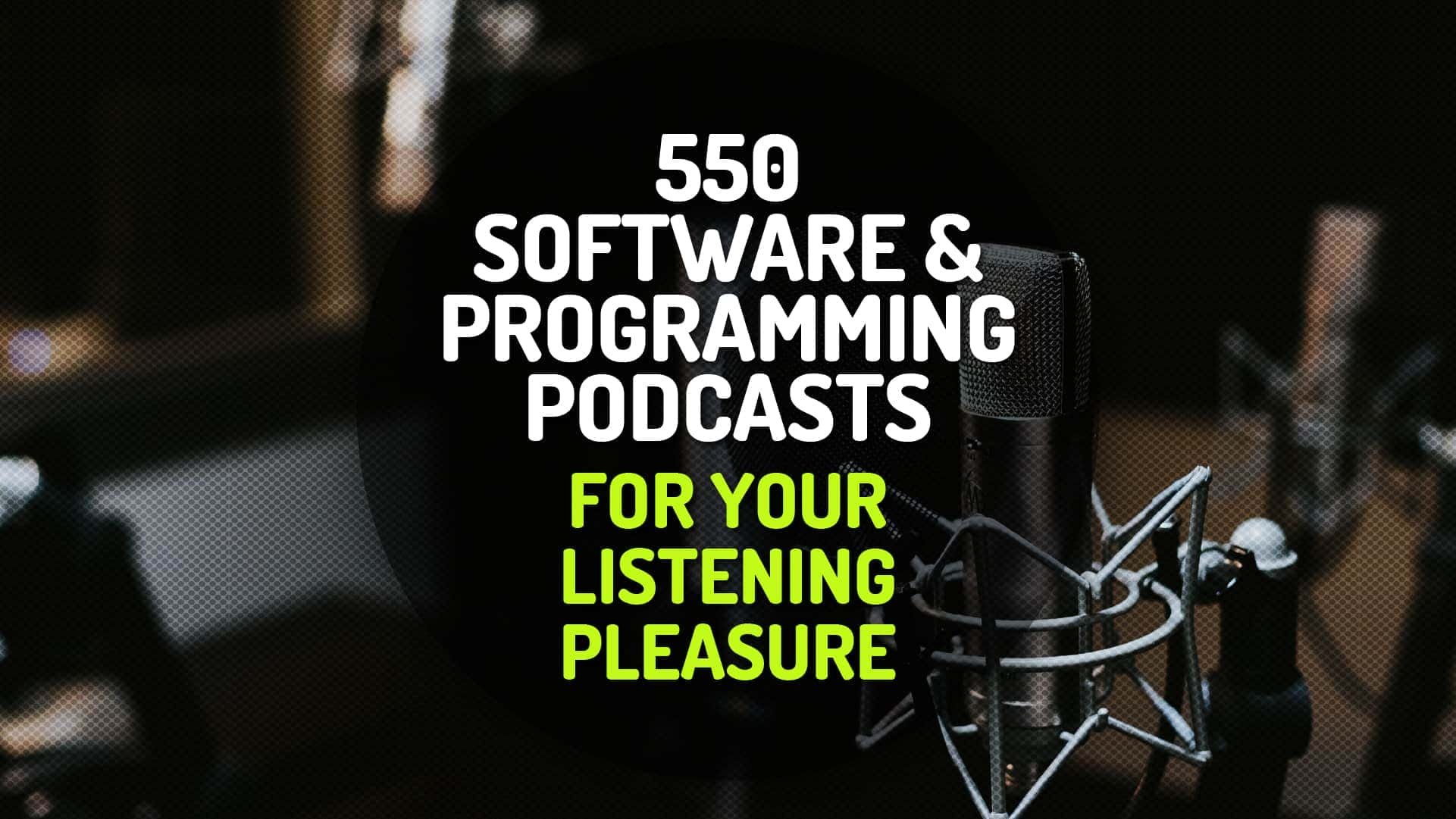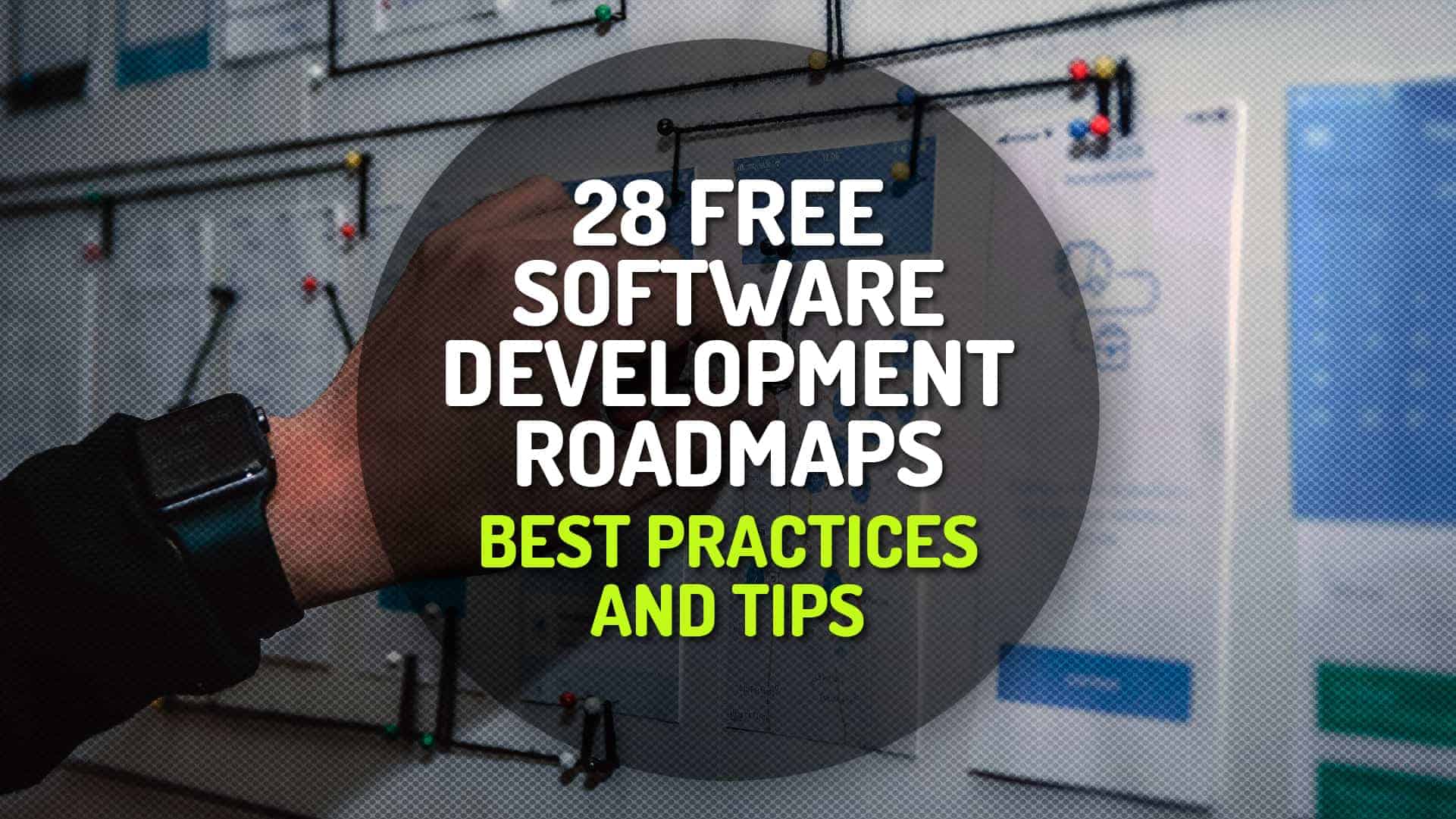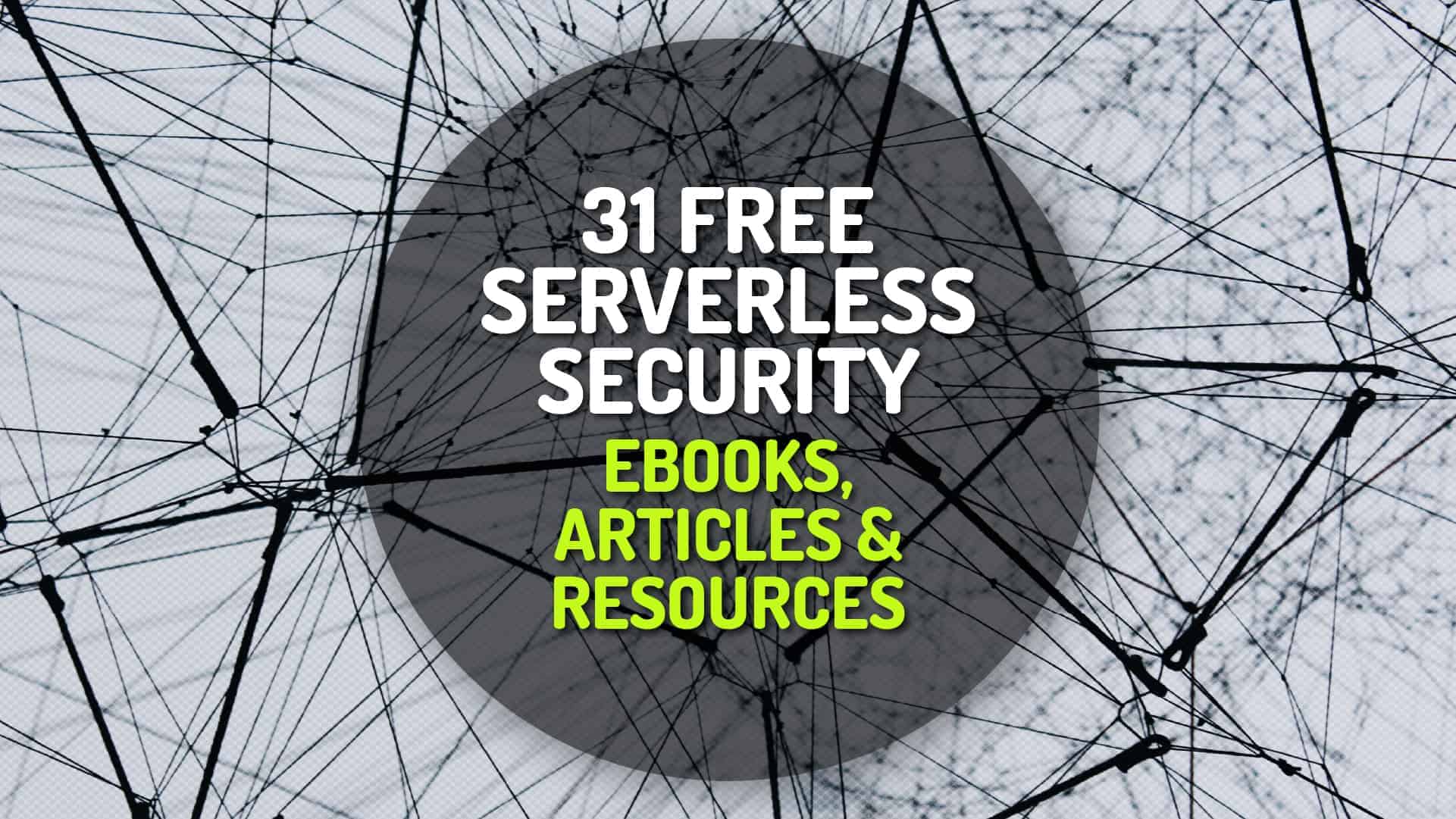I really don’t know how a news editor should choose what stories to put in front of people, because I don’t think it’s possible to cram the entire world into headlines. The publisher of a major international newspaper once told me that he delivers ‘the five or six things I absolutely have to know this morning.’ But there was always a fundamental problem with that idea, which the Internet has made starkly obvious: There is far more that matters than any one of us can follow. In most cases, the limiting factor in journalism is not what was reported but the attention we can pay to it.
Yet we still need news. Something’s got to give. So what if we abandon the idea that everyone sees the same stories? That was a pre-Internet technological limitation, and maybe we’ve let what was possible become what is right. I want to recognize that each person not only has unique interests, but is uniquely affected by larger events, and has a unique capacity to act.
If not every person sees the same news at the same time, then the question becomes: Who should see what when? It’s a hard question. It’s a question of editorial choice, of filter design, of what kind of civic discussion we will have. It’s the basic question we face as we embrace the network’s ability to deliver individually tailored information. I propose three simple answers. You should see a story if:
- You specifically go looking for it.
- It affects you or any of your communities.
- There is something you might be able to do about it.
Interest, effects, agency. These are three ways that a story might intersect with you, and they are reasons you might need to see it.




